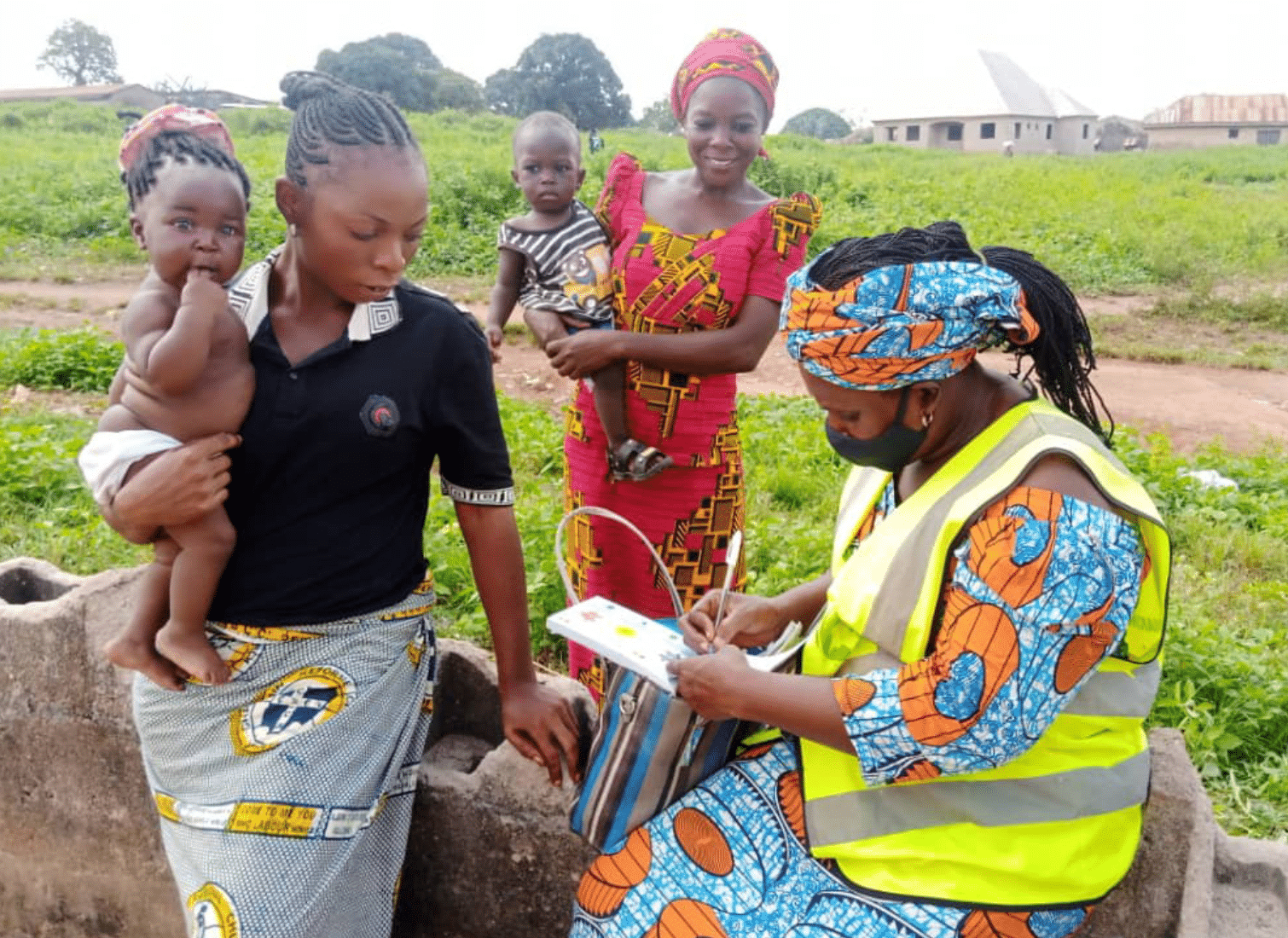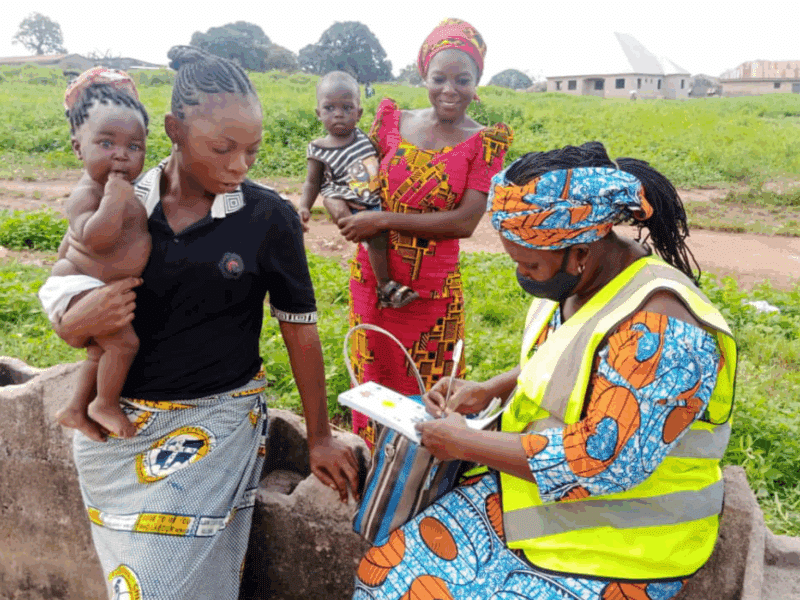To improve family planning in Nigerian states, the idea was this: Help build the management and leadership capabilities of states so they could lead, drive, and own their family planning programming as they transition to self-reliance.
Through this approach, The Challenge Initiative (TCI), a Gates Foundation and Bayer-funded family planning project led by the Johns Hopkins Center for Communication Programs in Nigeria, has enrolled 22 of 36 Nigerian states under this model, 12 of which have reached “graduated” status and are running family planning programs with minimal technical and financial support.
Even after states have graduated, the number of women using contraception in these states continues to grow. In 2024, 40 percent of new family planning clients in the 22 states where TCI is operating came from five states that had moved on from the active phase of the program: Kano, Bauchi, Taraba, Gombe, and Nasarawa.
“A key marker of TCI’s sustainable impact lies in the performance of its graduated states,” says CCP’s Taiwo Johnson, who leads TCI’s work in Nigeria. “This underscores how TCI’s model of local ownership and capacity building creates lasting change, even after direct technical support ends.”
After three years of partnership with TCI, the expectation was for states to become self-reliant in funding, implementing, and sustaining high-impact family planning interventions and practices. “This is exactly what we are witnessing,” she says. “By fostering state ownership and strengthening local capacity, TCI has strengthened structures at the system and community levels to sustain demand and access to family planning services in communities across the supported states”
This approach, Johnson says, could serve as a blueprint for other countries seeking to maximize their reproductive health investments
As of December 2024, TCI-supported states have collectively contributed to 1.46 million additional family planning clients reached since the program began. Even more impressive, 440,810 new clients were reached in 2024 with the graduated states contributing more than 216,000 of them.
Here’s how it works:
States agree to participate in TCI’s unique Lead, Assist, Observe and Monitor (LAOM) technical coaching, and begin receiving technical and financial assistance to bolster family planning programs. TCI pledges matching funds to incentivize governments to play a role in sustaining family planning services long term.
Over the course of three years, CCP’s TCI staff gives government officials, health providers, and community volunteers the support, skills and confidence to lead family planning and adolescent and youth sexual and reproductive programs. Bit by bit, TCI moves from leading to assisting to observing. Currently, it is monitoring 12 Nigerian states that have “graduated” from the program, while 10 more are at various stages of completion.
“A lot has changed” says Dr. Abdulrahman Shuaib, executive secretary of the Primary Health Care Development Board in Gombe State. “We have seen an improvement in budget reallocation for family planning. In the past, we did not even have a budget for family planning. Now, we’ve seen a budget line being created for family planning [and] improvement in allocation over time.”
Ensuring access to quality family planning services in Nigeria remains a significant challenge, with high unmet needs and a persistent struggle to reduce maternal mortality. Yet, TCI is driving remarkable progress through the strategic scaling of high-impact practices and other interventions in Nigeria.
The partnerships between TCI and states are built on coaching, co-financing, and government ownership. CCP’s TCI staff works with states to strengthen coordination platforms, amplify community voices, increase local government funding and boost demand for family planning. These strategies led to increased family planning service uptake and the procurement of family planning commodities, as well as government funding for family planning program implementation in the supported states, which included improved access, quality of services, and greater support for women and girls.
“TCI has shown that the strategic implementation of high-impact interventions, combined with local ownership and a data-driven approach, is transforming family planning outcomes nationwide,” says CCP’s Dorcas Akila, who leads the graduated states program.





